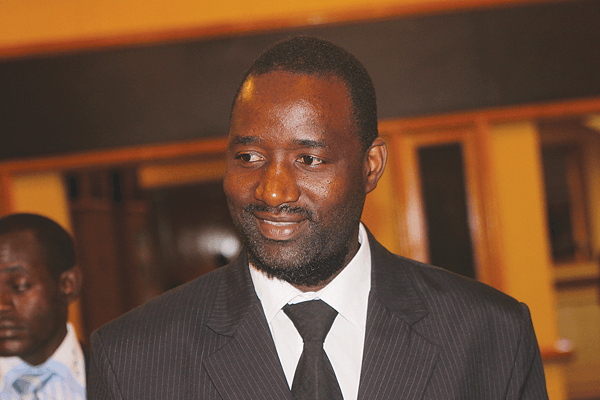
BY VENERANDA LANGA
LEGISLATORS have been urged to diligently scrutinise the Zimbabwe Media Commission Bill to ensure it offers clarity on regulation of the media and de-criminalising the journalism profession.
Media law expert Chris Mhike made the call yesterday while addressing members of the Prince Sibanda-led Parliamentary Portfolio Committee on Information on the Zimbabwe Media Commission Bill, soon to be tabled in Parliament for crafting.
“The ZMC Bill is proposing a self-regulatory body to close the gap in State regulation, which is regulation by statutory regulations. But there is a difference between statutory regulation and State regulation in that State regulation is whereby government itself has a role in dictating what is in the media,” Mhike said.
“In other countries, co-regulation is provided for and self-regulatory bodies are allowed their independence, and editorial independence is also guaranteed,” he said.
Mhike said while countries like Australia and Denmark have stuck to government regulation, their models are regarded as prohibitive in terms of co-regulation. He said it would also be important for the ZMC Bill to be clear on the role of media houses with regards to self-regulation via their editorial boards, the ombudsmen or a code of ethics.
Zimbabwe Union of Journalists secretary-general Foster Dongozi said MPs should be wary of the language used, including that the ZMC would be given the powers to “take action” against unethical journalists.
“Wording such as ‘taking action against journalists’ is like Sharia law and must be removed from the Bill,” Dongozi said. Mhike said there was no need for the ZMC Bill to include provisions of actions against unethical practice in journalism because these were already catered for in the Criminal Codification and Reform Act.
- Chamisa under fire over US$120K donation
- Mavhunga puts DeMbare into Chibuku quarterfinals
- Pension funds bet on Cabora Bassa oilfields
- Councils defy govt fire tender directive
Keep Reading
Bulilima West MP Dingumuzi Phuti (Zanu PF) said while the Bill should not criminalise the journalism profession, there was also a need to curb irresponsible and unethical journalism, where scribes write outright lies.
“The media is a very important institution as it is classified as the Fourth Estate and, therefore, we must understand that there are various individuals that also want to project the direction of the media. If the media is allowed freeplay because all crimes are catered for in the criminal code, then there will be abuse,” Phuti said. Voluntary Media Council of Zimbabwe executive director Loughty Dube said the ZMC Bill was pivotal in that it would set the foundation for other media Bills as its intention was to regulate the media industry, but without criminalising journalism.
“It is strange that the only profession that has a criminal clause put in it is journalism. In the past, however, one finds that there were 132 arrests of journalists, yet not even one of them was convicted for a criminal offence,” Dube said.
Misa-Zimbabwe programmes manager Nyasha Nyakunu said the Bill must be specific to ensure action taken against unethical journalists is in line with their code of conduct.
Mhike said MPs also need to interrogate issues of licencing of journalists and media houses as well as the definition of who a media practitioner is because currently, people who work as drivers, receptionists and accountants at media houses are also classified as media practitioners.











